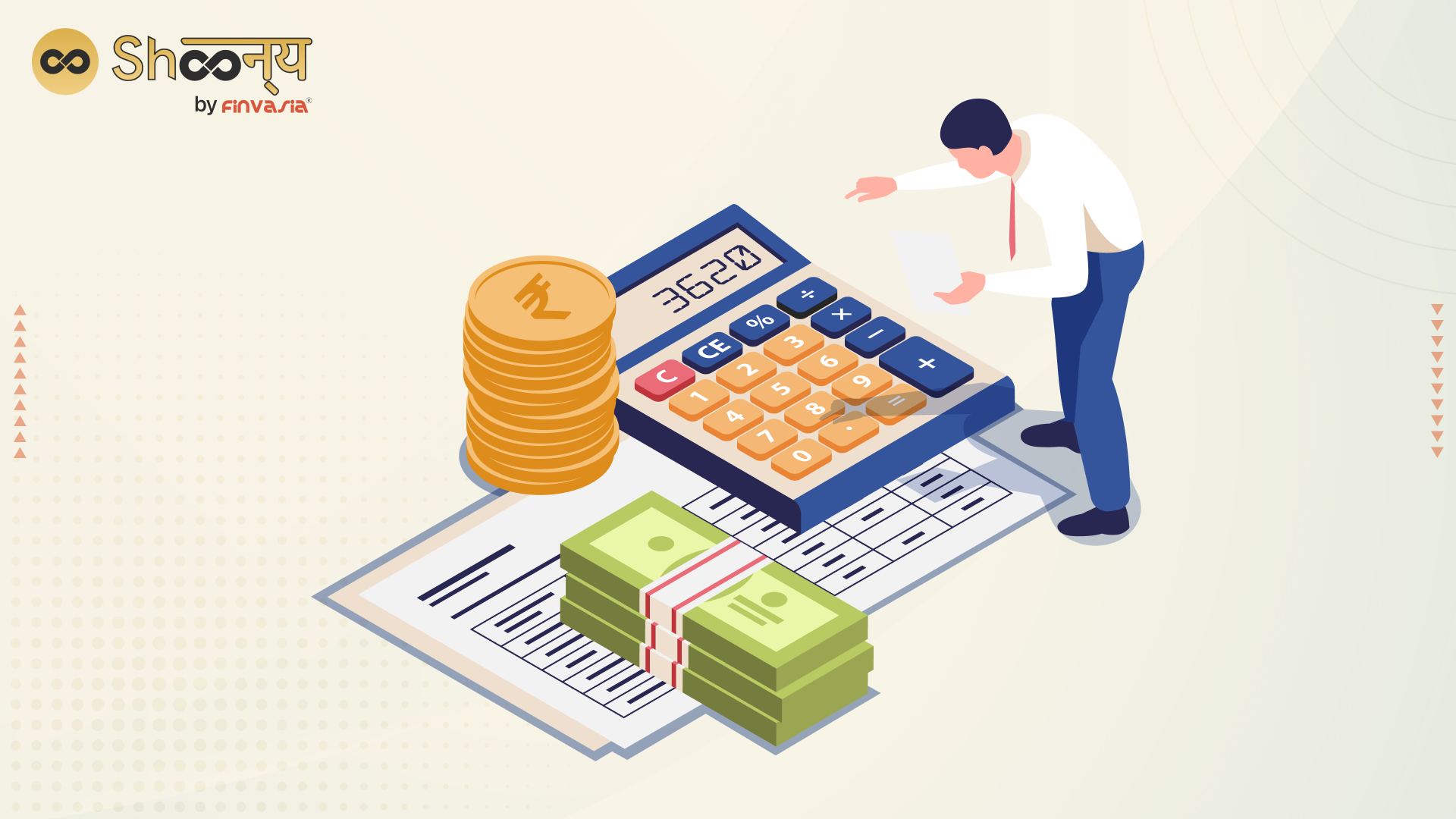Income tax on share trading is imposed when income is earned from the sale of shares. Given the popularity and profitability of share trading in India, income tax is an important consideration for investors. In this article, we will dive deep into the applicability and rates of income tax on share trading in India.
Applicability
Taxes are applicable on income earned from the sale of shares where a profit has been made, known as capital gains. Income received from dividends does not incur income tax. Capital gains tax may be payable in any given financial year, depending on how much you have earned from your investments or gains during that period. The income tax rate depends on whether the gain is short-term or long-term.
Short-Term Gains
If profits are made on the sale of shares within a period of one year or less, income tax on selling shares is applicable at 15% for individuals and Hindu Undivided Families (HUFs).
Long-Term Gains
If profits are made on the sale of shares held for more than one year, income tax on trading profits is applicable at 10%.
You may also be eligible to have your income from share trading exempted from income tax up to a certain limit under Section 10(38) of the Income Tax Act. However, this exemption only applies if you hold any specified security listed in Rule 2BB of the Income Tax Rules.
Factors to Keep in Mind when Trading
When trading shares, it is important to consider income tax implications. While income from dividends is not taxable, income from capital gains may be liable depending on how long you hold the share and the amount of gain earned. It is important to understand and plan your income tax obligations when trading in order to make sure that you are compliant with tax laws.
The income tax rates on income earned through share trading can often change, so it is important to stay updated with the latest rules and regulations. You should consult a qualified tax advisor if you have questions or need guidance on income tax-related matters. With this information, you will better manage your income taxes when trading shares.
Most importantly, income tax does not need to be a major factor when trading as long as you know the applicable income tax rate and stick to your profit-making strategies.
For example, income tax on income earned from share trading is applicable at 15% if profits are made within a period of one year or less. However, income tax is applicable at 10% if the profits are made when shares have been held for more than one year. As such, you should plan your investments accordingly to make the most out of any income generated from your trades.
Conclusion
Share trading is a profitable investment option for many in India, and taxes are an important consideration when engaging in this activity. Shoonya by Finvasia is the perfect platform to get started with share trading – it provides the latest news and insights, tools to analyze stocks, and opportunities to trade in real time.
Open an account and start trading!

